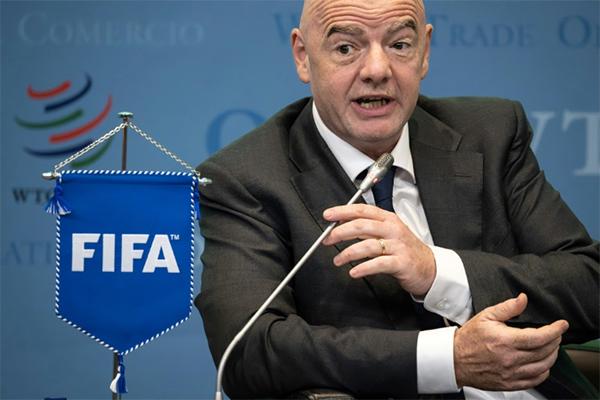European football stands at a crossroads as the possibility of staging domestic league matches abroad edges closer to becoming reality. La Liga and Serie A are seeking approval to play official fixtures outside their home countries, with proposals for Barcelona to meet Villarreal in Miami this December and Milan to face Como in Perth next February. If granted, the decision would mark one of the most significant shifts in the sport’s history, raising questions about tradition, fan loyalty, and the commercial future of the game.
UEFA’s executive committee is expected to vote on the matter soon, with FIFA likely to give the final confirmation. While the matches are framed as exceptional cases rather than blanket approval, many believe the precedent will be impossible to reverse. Some football leaders remain opposed, with strong resistance in Germany, but pressure from commercial deals and legal settlements has opened the door to change.
The push for overseas fixtures stems largely from financial motivations. Spain and Italy’s top leagues are searching for ways to close the revenue gap with the Premier League, which has cemented itself as the global leader in broadcast and sponsorship income. Expanding into foreign markets offers exposure and lucrative returns, but critics argue it risks eroding the cultural fabric of the sport. For local fans, the experience of attending matches in their home stadiums is central to the game’s identity. Moving fixtures abroad may instead alienate those who have built football’s traditions over generations.
Fan groups across Europe have voiced strong opposition, with over 500 organizations uniting against the proposals. They argue that domestic football is rooted in place and community, not in one-off showcases for international audiences. Despite this, their voices remain largely excluded from formal decision-making processes, where commercial interests dominate the debate.
Supporters of the plan counter that football is now a global sport with millions of fans outside Europe who deserve direct access to its biggest competitions. Stadiums in the US or Australia could attract tens of thousands of attendees, offering a new stage for clubs to expand their reach. Whether this represents innovation or betrayal is at the heart of the controversy.
UEFA’s upcoming decision will reveal how far European football is prepared to go in prioritizing international growth over tradition. Once the first domestic match is played abroad, it may be impossible to close the door again.

